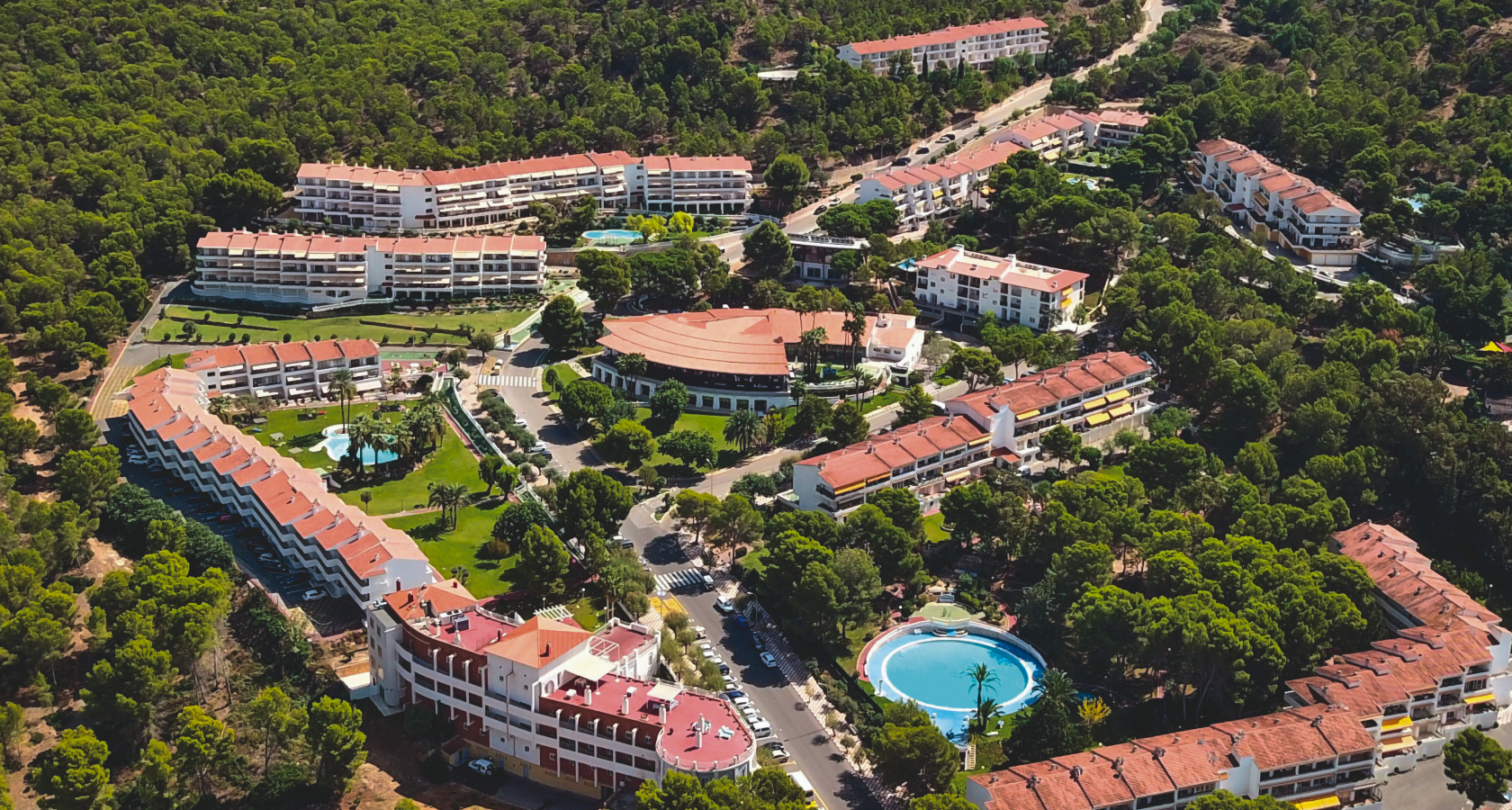
Fill out the form with your details, and we will attend to your request as soon as possible.



Central Building

Iris Building

Gardenia Building

Hortensia Building

Flora Building

Elisa Building

Heated Swimming Pool

Swimming pools

Swimming Pools

Restaurant

Indoor Pool

Reception
The Truth About Retiring Abroad: Joys, Jitters, and What Settles with Time

You’re already here!
So you've done it. You've sold up or downsized, signed on with a good gestor, moved into your place, and figured out the local supermarket. Everything’s gone more or less to plan. But something still feels off.
This stage often arrives after the initial excitement wears off. You’ve got the residence card. Maybe you’ve found a favourite bakery or the right person to cut your hair. But when the boxes are unpacked and the guests from home stop visiting quite so often, you begin to notice the gaps. That familiar pub atmosphere, small talk at the doctor’s, or the casual rituals of everyday life that felt second nature back home but oddly performative here.
It’s important to understand that this is normal.
The psychologist William Bridges described this dip as the "neutral zone": the space between the old identity and the new one, where your inner world hasn't caught up with your external circumstances. You can read more about his work here: William Bridges Transition Model.
This stage isn’t a crisis. It’s the messy middle - the period where things can feel uncertain, even if everything is technically going fine. And it doesn’t last forever. In fact, it’s often a sign that the deeper adjustment is finally beginning.
What Usually Changes
If you give it time, the rhythm returns. Habits form. Faces become familiar. The landscape begins to hold emotional meaning, not just visual appeal. You go from “I’ll try the local fish” to “Thursday is the day I go to the market and catch up with Miguel.”
That’s when it settles. Not in one moment, but gradually, just like your breathing after a long climb.
When You're Still Considering the Move
For those still deciding whether to retire abroad, or perhaps hesitating after years of toying with the idea, there’s another type of uncertainty - not the adjustment dip, but the anticipation gap. It’s the space between expectations and imagined reality.
You picture sunshine and health walks, friendly chats at cafés, and cheaper living costs. But then comes the hesitation: what about hospitals? Language barriers? Loneliness? It’s easy to idealise, or catastrophise, depending on the day. But both extremes are only part of the picture.
The best antidote is context.
That’s why communities like Ciudad Patricia can be so reassuring. They provide a structure - a kind of soft landing - with support in your language, a built-in social network, and practical services that take the sting out of navigating an entirely new system alone. That’s not to say it removes all uncertainty. But it reshapes the curve.
The Slow Confidence Curve
Confidence in retirement abroad tends to grow in waves. It rarely comes from the big decisions - like buying the apartment or sorting the residency. It comes from small wins that accumulate.
Ordering your prescription in the right language. Being invited to a neighbour’s birthday lunch. Knowing how to make a doctor’s appointment - and not dreading it.
The trick is not to judge your sense of belonging too early. Confidence isn’t a prerequisite for the move. It’s a result of it.
Environment Matters More Than People Expect
Living abroad isn’t just about where you live. It’s about how the environment either supports or complicates your day-to-day routines. For many expats in their 60s, 70s or 80s, things like terrain, weather, access to services, and safety matter more than they once did.
Ciudad Patricia was designed with this in mind. The paths are walkable. The greenery is not just decorative - it shades, softens, connects. The layout encourages gentle encounters rather than constant navigation. Not because you’re trapped, but because everything you need is already here. And when you do want to explore further, it’s manageable be it to Benidorm’s old town, Altea’s waterfront, or a day trip to Valencia.
What Settles With Time
You adjust. The jitters don’t vanish overnight, but they don’t stay either. They shift from fear to alertness, then fade into awareness.
One day you’ll realise that you haven’t thought about the thing that once worried you every morning. That the local pharmacy is second nature. That the rhythm of Spanish (or Dutch, or French) has become less intimidating, even if you’re not fluent.
That’s how the life gets in. And that’s the bit that never makes the brochure.
Interested in Exploring What a Settled Retirement at Ciudad Patricia Might Look Like?
Come and visit us to see what day-to-day life here really feels like - not just the architecture or the services, but the lived experience of people who were once exactly where you are now.

